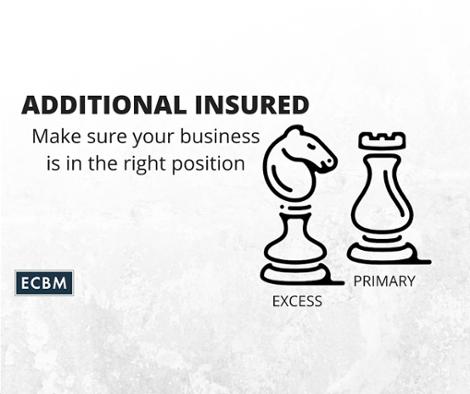 When people traditionally think of insurance loss payouts, they think of indemnity - claims paid out for damage suffered by property or people. Yet commercial liability policies include two separate promises from insurance companies - the duty to indemnify and the duty to defend. The duty to defend requires insurance companies to hire legal counsel and pay the associated legal fees. In theory this duty is simple enough, but in practice it has a number of complications.
When people traditionally think of insurance loss payouts, they think of indemnity - claims paid out for damage suffered by property or people. Yet commercial liability policies include two separate promises from insurance companies - the duty to indemnify and the duty to defend. The duty to defend requires insurance companies to hire legal counsel and pay the associated legal fees. In theory this duty is simple enough, but in practice it has a number of complications.
Insurance Companies And The Duty To Defend
The insurer’s obligation to defend under the standard commercial general liability arises upon filing of a “suit”. A suit is generally defined as including arbitration demands and administrative proceedings, not just civil litigation. It can even apply to actions brought by government agencies, though normally will not extend to cover criminal actions.
The suit faced must arise from facts that would give rise to coverage under the insurance policy. This can sometimes result in complicated analysis to determine whether a duty to defend exists. A split exists between states that look only to the four corners of the complaint when determining whether a duty to defend exists and those states that will consider extrinsic evidence.
Duty To Defend Depends On State
States that look only to the complaint itself and do not consider other facts simply compare the factual allegations in the complaint and the plain language of the insurance policy to determine whether the suit involves covered damages. States that consider extrinsic evidence require insurers and parties to conduct a reasonable investigation into facts outside the complaint to determine whether the insurer has a duty to defend. Under either legal theory, courts will generally resolve ambiguities regarding the duty to defend in favor of the insured rather than the insurer.
Tips From ECBM's Experts
Where a “suit” involves multiple different claims, the insurer will have a duty to defend so long as one claim would be covered. As Dan Slezak, VP ECBM, reminds us,
“The provided defense must cover all claims involved in the suit, not just the covered claim. For this reason, people often say the duty to defend is more extensive than the duty to indemnify.”
However this can also cause complications with the defense.
If the claim giving rise to the duty to defend is dismissed for any reason, then the insurer’s duty to defend evaporates. For the client in the middle of ongoing litigation, this puts them in a difficult situation of having to finance and potentially obtain new counsel in the middle of a lawsuit. In unusual situations, it can even give rise to plaintiffs using unusual strategies such as not bringing relevant claims to avoid triggering an insurer’s obligation. (This is rare because normally it is beneficial for plaintiffs to have insurance companies involved since it increases their chance of recovery if they win a lawsuit.)
It can also put the parties involved in complicated positions when the interests of the insurance company and the insured company are not fully in line. This might happen when a claim includes both an allegation of negligence and intentional wrongdoing. As Shane Moran, VP ECBM, states,
“A finding of negligence benefits the insured since the insurance company will have to pay the claim whereas the insured would have to pay if a jury found intentional wrongdoing. For the same reason, the insurance company would prefer a finding of intentional wrongdoing.”
Key Takeaways FOr Businesses
- Generally speaking, the insurance company has the right to select defense counsel, while defense counsel has an ethical obligation to serve the interests of the insured.
- In situations where a conflict does arise between the insurer and the insureds, most Courts have held that the insured has the right to select its own independent counsel.
- Duties to defend also often come equipped with what is known as a reservation of rights by the insurance company.
What Is A Reservation Of Rights?
A reservation of rights notice is a letter sent by an insurance company to an insured stating that it will provide a defense to the suit on behalf of the insured but that the insurance company may also fight to have the claim considered outside the insurance policy and therefore not covered. It’s purpose is to prevent the insured and a court from considering the provision of defense as a form of admitting liability. Some states require the consent of the insured before allowing an insurance company to proceed under a reservation of rights.
These can be very complicated issues and insured companies need to understand their rights to a defense and the limitations of that defense to make fully informed decisions in the best interests of their business. When suits happen, insureds need to let their insurer know as soon as possible so that they can start planning their defense.
More From Our Blog:



